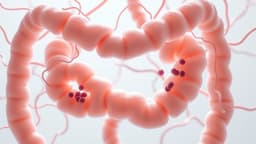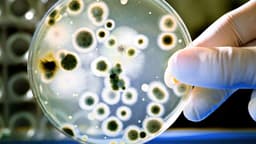Home / Science / Chemicals Attack Gut Bacteria, New Study Warns
Chemicals Attack Gut Bacteria, New Study Warns
26 Nov, 2025
Summary
- Many common chemicals can harm beneficial gut bacteria.
- Exposure to these chemicals may lead to antibiotic resistance.
- Safe chemical design is needed to protect the microbiome.
Harmful chemicals commonly found in homes and on produce may be damaging the essential bacteria residing in the human gut. A recent study lab-tested over a thousand chemicals, identifying 168 that negatively affect gut microbiome health. This disruption not only impacts digestive well-being but can also contribute to obesity, immune disorders, and mental health issues.
Researchers were surprised to find that substances not typically considered biologically active, such as flame retardants and plasticizers, significantly impacted bacterial growth. Furthermore, the study revealed that some bacteria developed resistance to common antibiotics while adapting to these chemical exposures, potentially complicating future infection treatments.
This groundbreaking research highlights the need for a "safe by design" approach to chemical development. While lab results are preliminary, they underscore the importance of washing fruits and vegetables and reducing pesticide use in gardens. Future research aims to correlate these lab findings with real-world human exposures.




